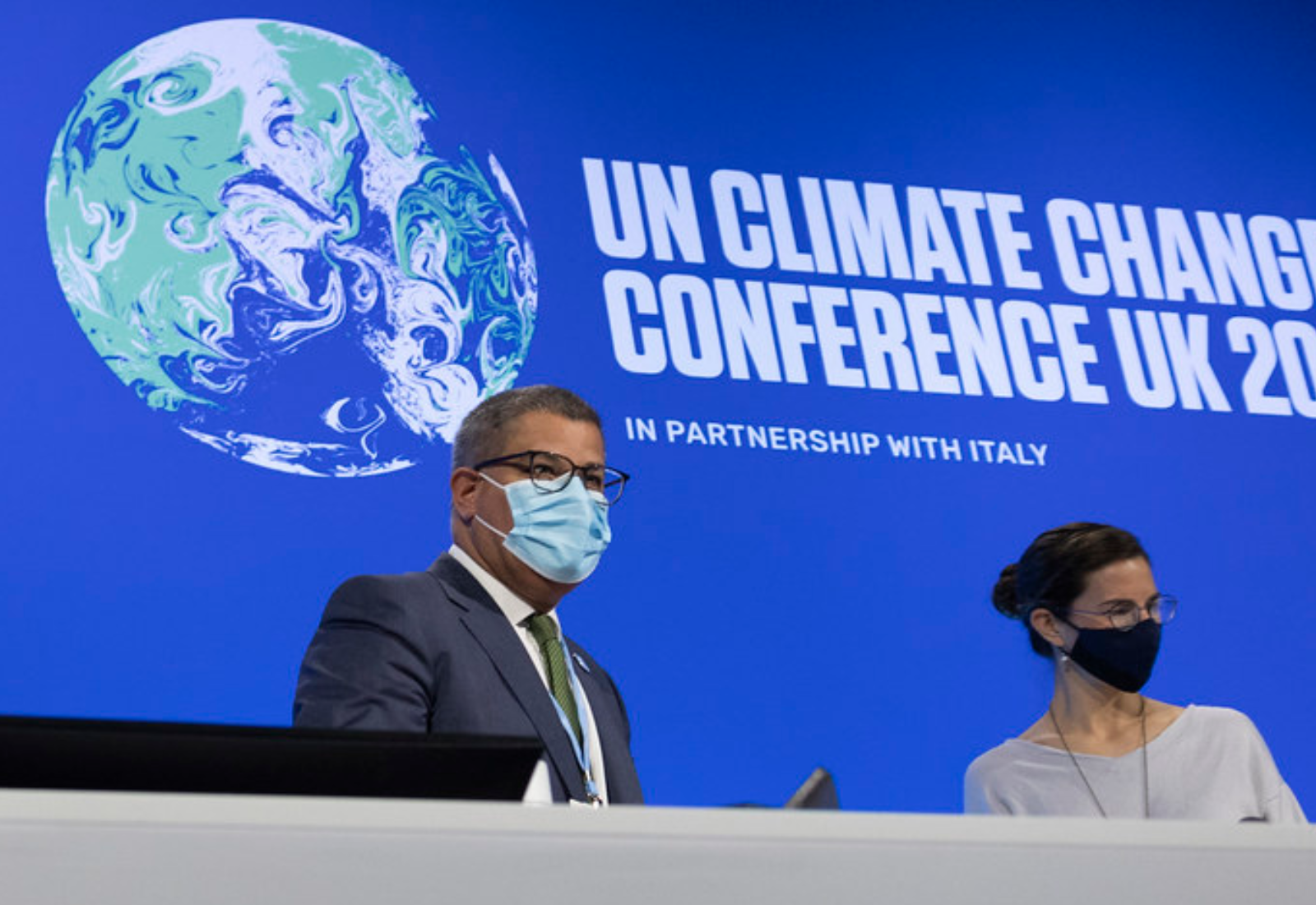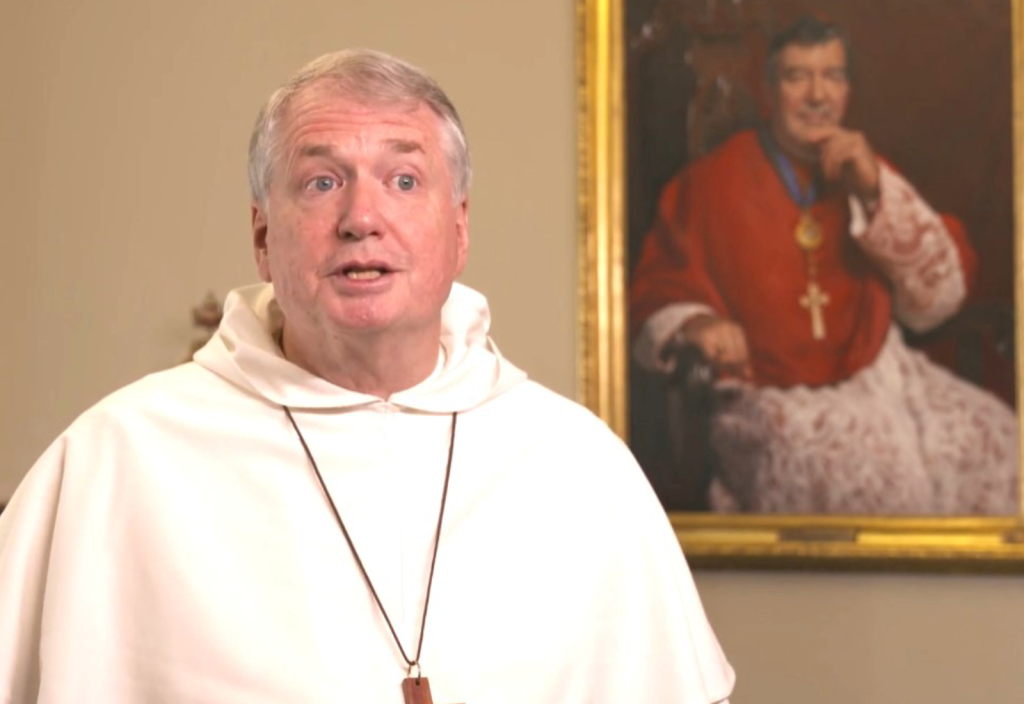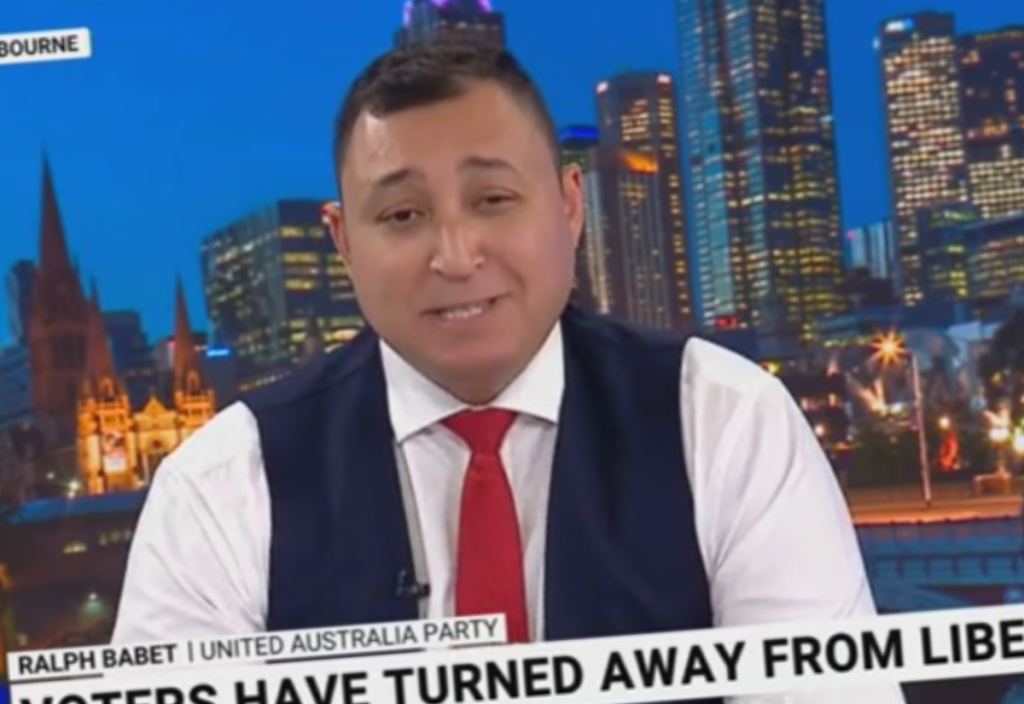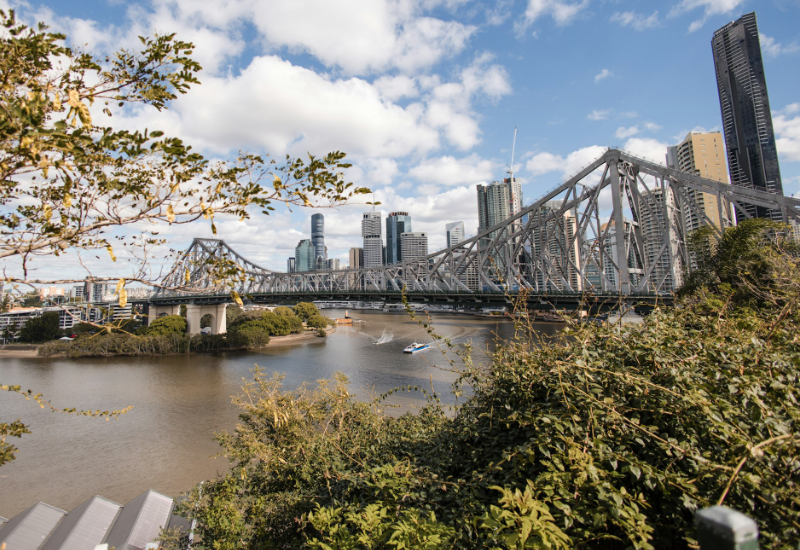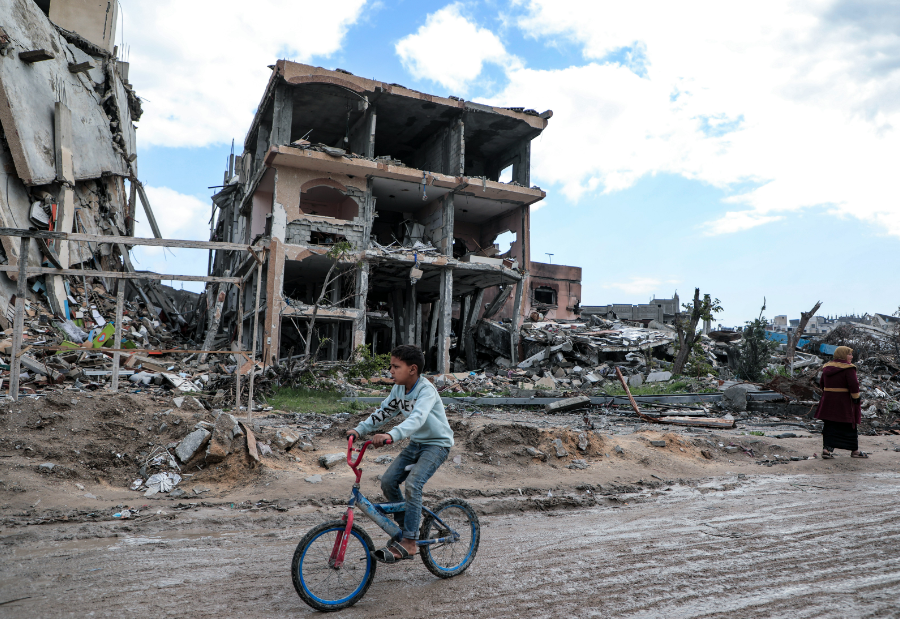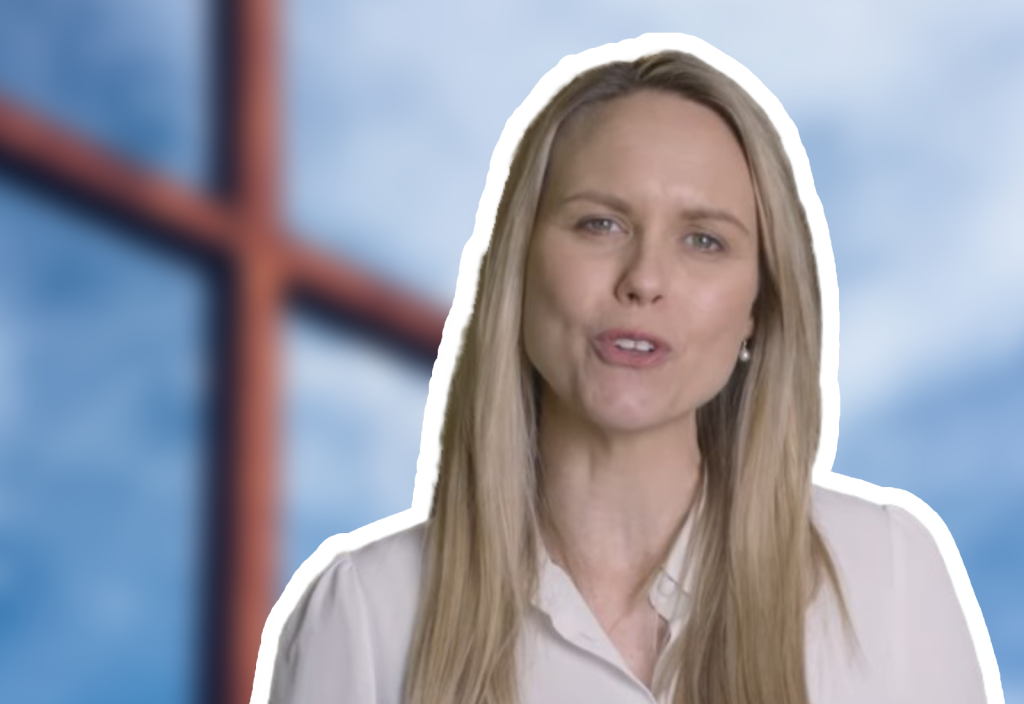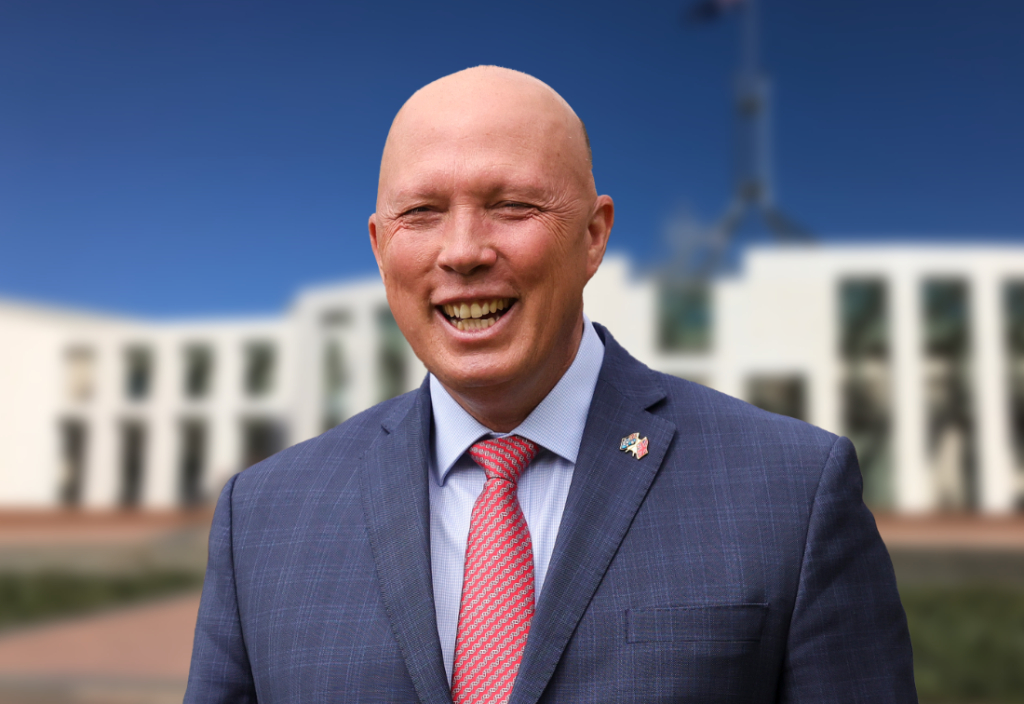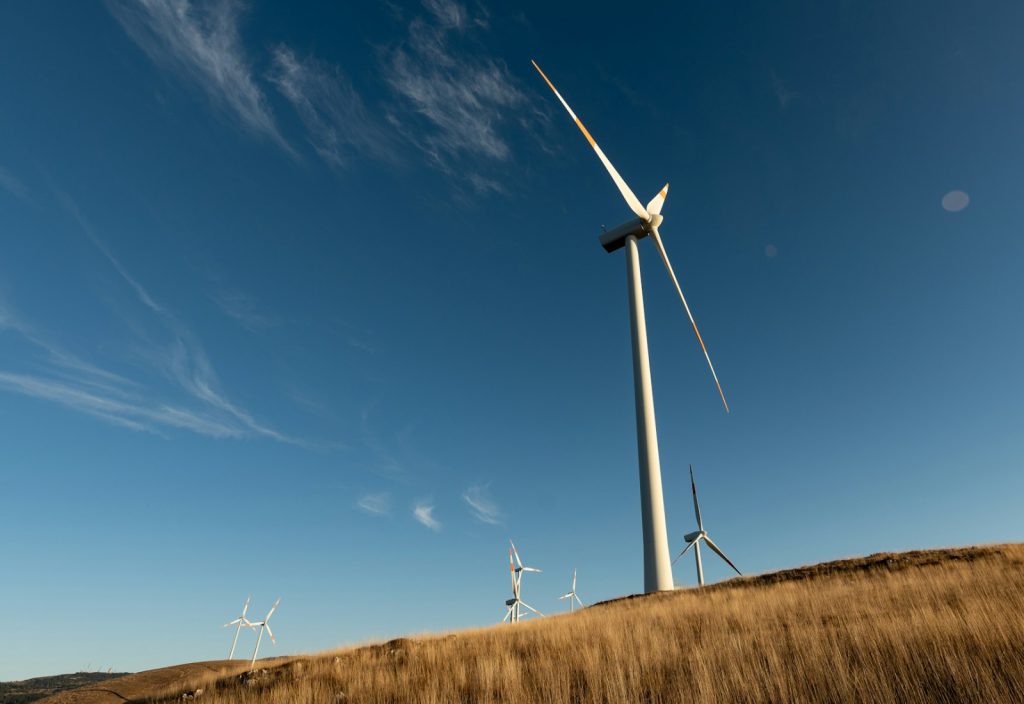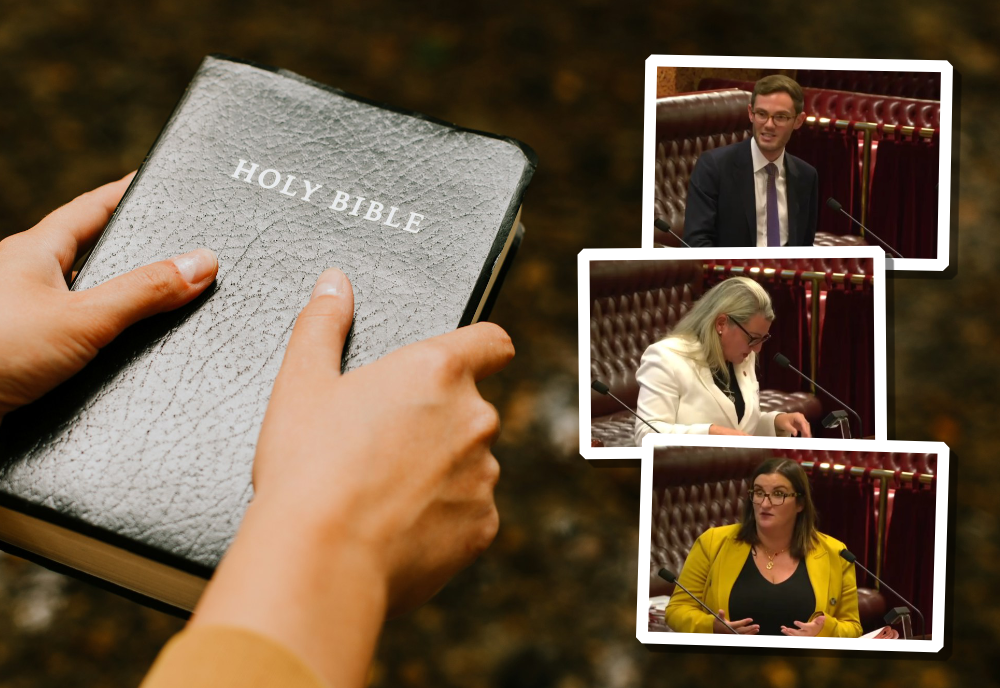The upcoming Glasgow Climate Change Conference will feature presentations from many politicians, experts and consultants, but it is unlikely that perhaps the most important players, those who manage the world's biggest pools of finance, will be especially prominent. Yet what is happening in the financial markets is at least as important in pushing the low-carbon agenda. The reason is simple: there is money in it. Indeed, it could be argued that creating financial transactions out of climate change offers a way of rescuing the dying post-industrial economies of the developed world. To understand why, it is important first to make a distinction between growth and consumption – two things that are often confused. Growth, in economic terminology, means an increase in the rate of transactions. Consumption means the using up of resources, many of which are finite. It is perfectly possible to have increased economic growth and lower rates of consumption; it is the very point of the push towards more sustainability. Economic growth created by solar power, for example, would lead to low or negligible consumption of resources because the energy source – the sun – is free. Some bank reports are indicating that the increase in transactions, or economic activity, entailed in the climate change agenda is massive – as much as $US150 trillion over 30 years. To put that in rough perspective, global GDP is about $US81 trillion and the net wealth of the world is $US418 trillion. Bank of Ameri...
Blog
Tags:
Related Posts
07
Feb
Being child-free is not selfish
Editor’s note: If you would like to submit a letter for possible publication, please email it to editor@rationalist.com.au. See our ...
09
Jan
Taking issue with the Catholic archbishop’s heartless, offensive ‘kill teams’ comments
Editor’s note: If you would like to submit a letter for possible publication, please email it to editor@rationalist.com.au. See our ...
02
Dec
What motivated the ‘cruel’ assisted dying bill?
Editor’s note: If you would like to submit a letter for possible publication, please email it to editor@rationalist.com.au. See our ...
02
Nov
Leftism, a ‘mental illness’? Oh, Right!
Editor’s note: If you would like to submit a letter for possible publication, please email it to editor@rationalist.com.au. See our ...
07
Oct
A bridge to peace
Editor’s note: If you would like to submit a letter for possible publication, please email it to editor@rationalist.com.au. See our ...
25
Aug
Criticising Israel is not ‘antisemitic’
Editor’s note: If you would like to submit a letter for possible publication, please email it to editor@rationalist.com.au. See our ...
07
Aug
The dangers of exponential growth
António Guterres understands something that most world leaders do not. He knows that exponential growth is unrelenting and immensely de...
24
Jul
End the government funding of faith workers
Editor’s note: If you would like to submit a letter for possible publication, please email it to editor@rationalist.com.au. See our ...
10
Jun
‘Heritage’ is no argument against change on parliamentary prayers
Editor’s note: If you would like to submit a letter for possible publication, please email it to editor@rationalist.com.au. See our ...
12
May
Will the Coalition ever learn to stop imposing religion on the public?
Editor’s note: If you would like to submit a letter for possible publication, please email it to editor@rationalist.com.au. See our ...
26
Apr
Countering this election’s climate misinformation campaigns
Australia’s climate and energy wars are at the forefront of the federal election campaign as the major parties outline vastly different...
31
Mar
Support for scripture program highlights bias of politicians
Editor’s note: If you would like to submit a letter for possible publication, please email it to editor@rationalist.com.au. See our ...

